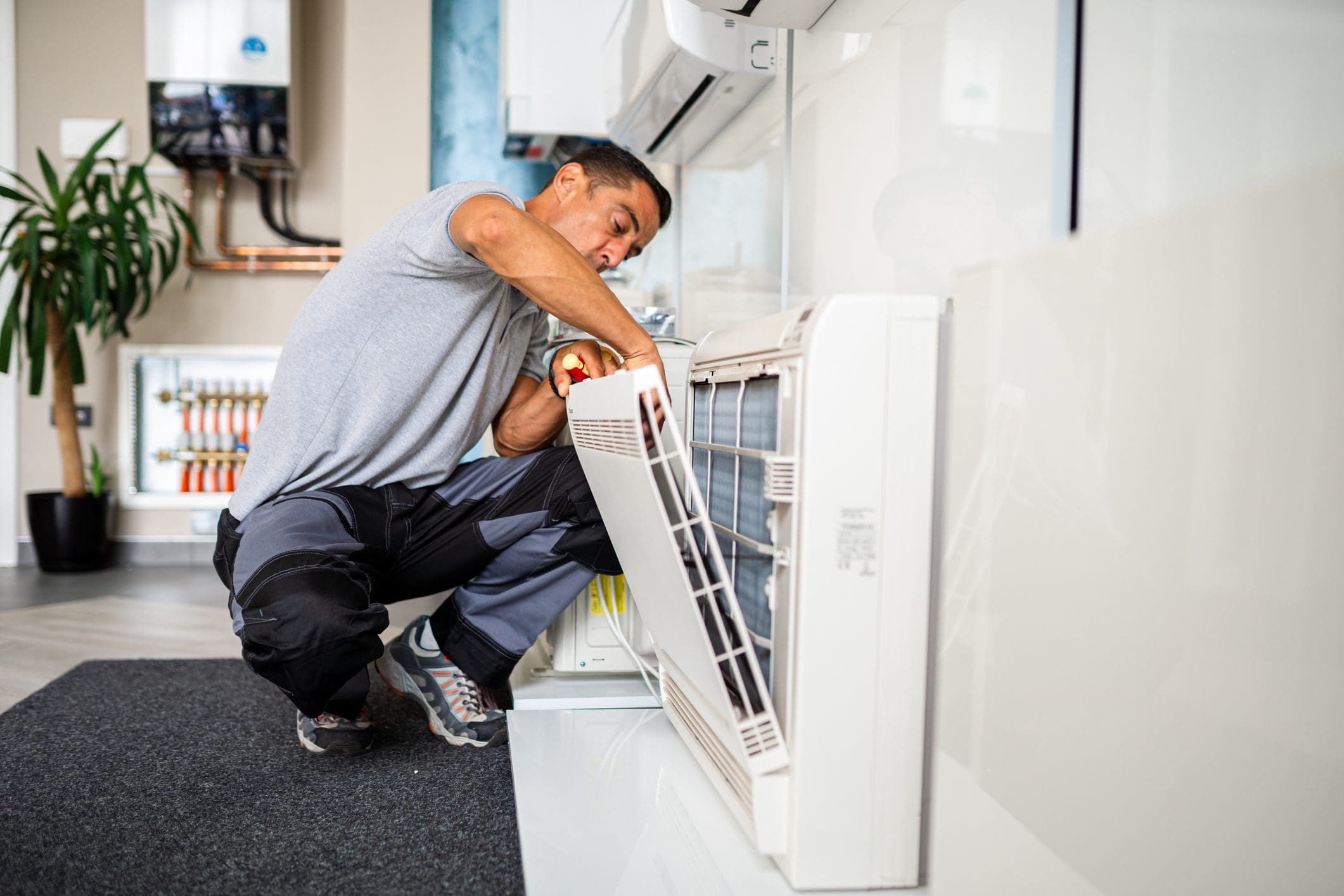As the summer heat starts to bear down, our trusty air conditioners become our most cherished companions. But to keep them running efficiently and to ensure the air we breathe is clean and comfortable, regular maintenance is critical. One essential aspect of AC upkeep is choosing the right air conditioning filter for your home. With an array of options available, it’s essential to understand the different types of air conditioning filters to make an informed choice that suits your needs and promotes a healthier indoor environment.
1. Fiberglass Filters
Fiberglass filters are the most common and often the least expensive option. They are made from layered fiberglass fibers, creating a basic mesh that traps larger particles like dust, lint, and debris. While they are suitable for minimal filtration needs, they may not be the best choice for those with allergies or respiratory issues, as they don’t effectively capture smaller particles or allergens.
2. Pleated Filters
Pleated filters are a step up from fiberglass filters regarding filtration efficiency. These filters have pleats, or folds, that increase their surface area. This design allows them to capture smaller particles and allergens like pollen, pet dander, and mold spores. Pleated filters are available in various MERV (Minimum Efficiency Reporting Value) ratings, indicating their effectiveness at trapping different particle sizes.
3. High-Efficiency Particulate Air (HEPA) Filters
HEPA filters are known for their exceptional performance in capturing tiny particles as small as 0.3 microns in size. These filters are commonly used in healthcare facilities and settings where air quality is paramount. While HEPA filters can significantly improve indoor air quality, they might also restrict airflow in standard residential HVAC systems. It’s crucial to ensure your system is compatible with HEPA filters before installing them.
4. Washable/Reusable Filters
Washable or reusable filters are designed to be cleaned and reused multiple times. They’re environmentally friendly and cost-effective in the long run. However, their filtration efficiency might not be as high as disposable filters, and improper cleaning can lead to mold growth or reduced effectiveness. Regular and thorough cleaning is essential for maintaining their performance.
5. Electrostatic Filters
Electrostatic filters use static electricity to attract and capture particles from the air. They can be either disposable or washable and are effective at capturing smaller particles. These filters are a good choice for homes with pets or smokers, as they can trap odors and particles that cause unpleasant smells.
6. Activated Carbon Filters
Activated carbon filters are specially designed to target odors, gases, and volatile organic compounds (VOCs). They contain a layer of activated carbon that absorbs and traps these pollutants. While not the primary choice for general particle filtration, they can greatly improve indoor air quality by reducing unwanted smells and chemicals.
Selecting the right air conditioning filter for your home involves considering factors such as filtration needs, allergies, and system compatibility. Each type of filter has its own strengths and limitations, so it’s important to weigh these aspects against your specific requirements. Regular replacement or cleaning of filters is essential to maintain optimal air quality, system efficiency, and the overall comfort of your living space. Consulting with professionals like Able Appliance & HVAC Services can help you make an informed decision and keep your air conditioning system operating at its best throughout the sweltering summer months.



